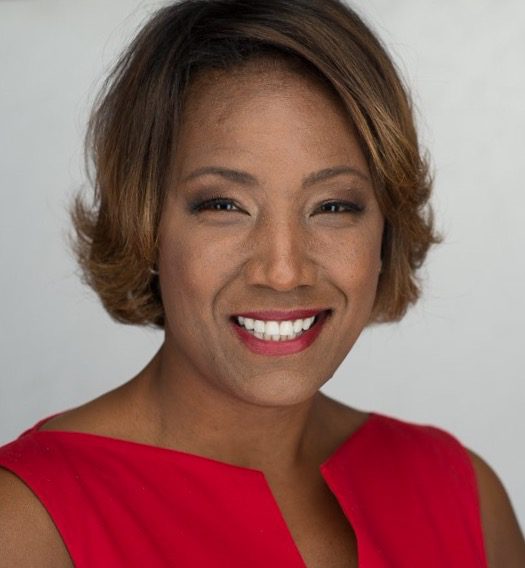
The finalists for WashingtonExec’s Pinnacle Awards were announced Oct. 11, and we’ll be highlighting some of them until the event takes place live, in-person Nov. 30.
Next is Diversity, Equity, & Inclusion Industry Executive of the Year (Public Company) finalist Cheryl Wade, who’s vice president of diversity, equity & inclusion at Teladoc Health. Here, she talks success in her current role, proud career moments, taking professional risks and more.
What has made you successful in your current role?
Remembering that the work I do in diversity, equity and inclusion is really bigger than myself. It’s about leaving the world and our workplaces better. Operating from my personal purpose, which is to plant seeds that empower, enlighten and enable keeps me grounded in a space that can be oftentimes be stressful as we seek to influence and impact change while serving the needs of many.
What are you most proud of having been a part of in your current organization?
Continuing to increase the understanding of whole-person health and the connection between mind and body. The work we are doing to increase awareness, reduce stigma and provide access to quality healthcare for all people everywhere through virtual healthcare delivery is transformative. And it has the ability to make a real difference in addressing health inequities and improving population health.
What are your primary focus areas going forward, and why are those so important to the future of the nation?
I will continue to focus on DEI in healthcare specifically because getting this right has the potential to help improve health outcomes for all people. The work I’m doing now to build awareness on whole-person health and the mind/body connection has the potential to positively impact the population health of generations.
I recently designed a series called “Heal-Thy Self 101” to reinforce these concepts with college students. This is particularly important given the rise we’ve seen in mental health challenges and death by suicide in youth and young adults between the ages of 18-25. I am deeply passionate about promoting mental health and well-being and reducing the stigma particularly in communities where we see the greatest health inequities.
What’s the biggest professional risk you’ve ever taken?
I’m an industrial and systems engineer by degree. And most people couldn’t understand the transition I made into DEI. Professionally, it was viewed as a risk by many. Particularly moving to a non-revenue-generating business function to pursue my interest and passion in this space was viewed as a non-traditional career path.
While it may have been viewed by many as a professional risk, personally, it’s the most courageous professional decision I’ve made to date. The decision to pursue my passion in DEI work, allowed my calling and career to converge in a way that has led me to feeling more successful and fulfilled than I could have imagined. I love my job, and as they say, if you love what you do, you’ll never work a day in your life.
Looking back at your career, what are you most proud of?
As a champion for girls, I’m most proud of the influence I’ve had on young girls to consider the options of a career in STEM. When I was young, I thought engineers drove trains. I had a limited understanding of how my interest in math could translate in a career. The early exposure I had to engineering as a career option opened my mind to a world of possibilities and I wanted to provide that exposure to girls at an even younger age.
I believe you can’t aspire to what you haven’t seen, so what I’ve done to increase the exposure of young girls to STEM through my work with Girls Inc. DC, iMatter.org and the development of the STEM Girls for Social Good Initiative is some of the work I’m most proud of so far . . . ’cause I’m not done yet.

